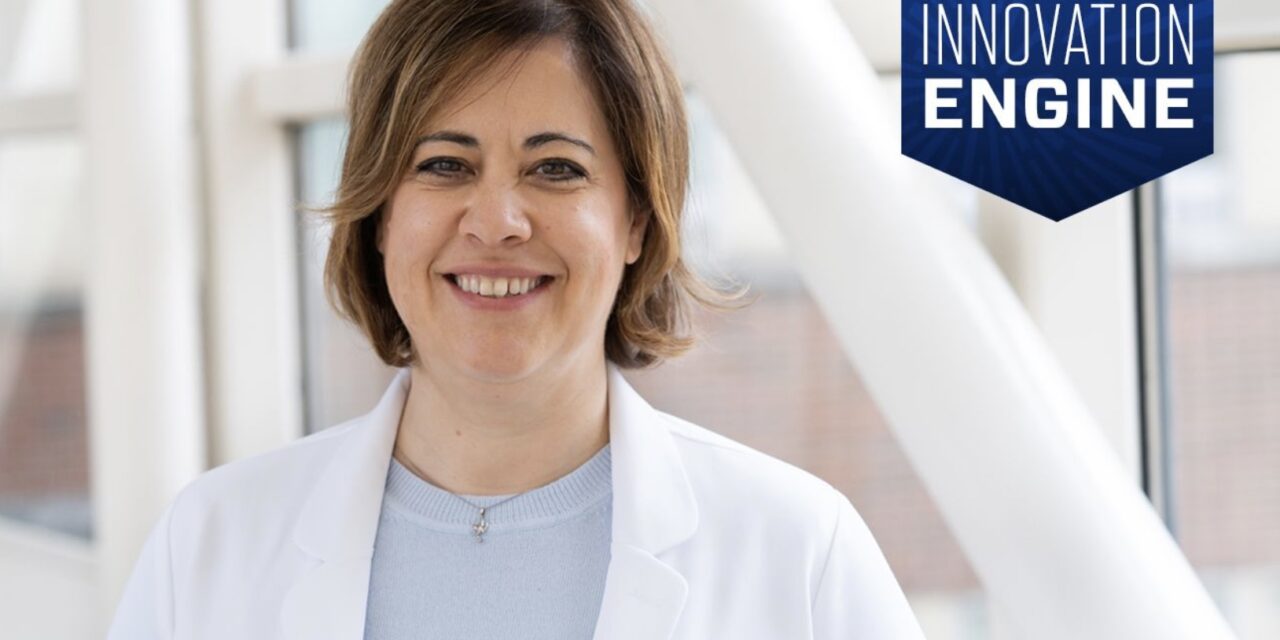Courtesy of Roswell Park Comprehensive Cancer Center Cancer Talk
Normal aging of our bodies is expected as we grow older, but some people age more slowly or quickly due to changes that occur when normal genes are switched “on” or “off” by behaviors or environmental influences called epigenetic changes. Epigenetic rapid aging is associated with smoking, alcohol consumption, chemical exposure, and lack of exercise.
Cancer treatment can also cause accelerated aging, which increases the risk of secondary cancers, infertility, cardiovascular disease, and other health problems. But unlike normal aging, epigenetic aging may be reversible, prompting Roswell Park Comprehensive Cancer Center researchers and patients to work together to unlock the secrets of epigenetic aging. Joyce Ohm, PhD, Chair of Cancer Genetics and Genomics and an internationally recognized expert in cancer epigenetics, says the problem is critical for pediatric, adolescent, and young adult patients who survive cancer, but face a higher risk of developing new health problems usually seen in older adults.
Wondering whether new treatments like CAR T-cell therapy affect epigenetic aging differently, researchers are looking at epigenetic changes in the DNA associated with aging, which can disrupt normal gene function that protects us from cancer. They hope to identify young patients at an elevated risk for medical problems linked to epigenetic rapid aging.
Roswell Park patients with Hodgkin lymphoma, which typically affects adolescents and young adults, will be contributing to the research in a trial led by principal investigator Francisco Hernandez-Ilizaliturri, MD, Professor of Oncology in the Department of Medicine and Director of Lymphoma Research at Roswell Park. Trial participants will donate blood samples before, during, and after treatment, and into survivorship. While improved treatment methods have resulted in better outcomes for newly diagnosed Hodgkin lymphoma patients, treatment-related long-term adverse events, such as secondary cancers, obesity, and cardiovascular disorders are major complications in survivors, as is death from treatment-related long-term side effects. Researchers also don’t know why young patients develop Hodgkin lymphoma, and how new treatment strategies affect their risk of secondary cancers and other long-term complications.
Clinical trials are important in identifying new and effective treatments. To gauge the effects of exercise, 83 patients with invasive breast cancer who had completed treatment were enrolled in a trial to analyze how exercise affected their cardiovascular fitness, cognitive and mitochondrial function, stress and immune function biomarkers, and quality of life. Researchers also hope that studying epigenetic rapid aging may help explain the rising incidence of cancer in younger people — especially colorectal cancer.
As a global leader in the relatively new field of cancer epigenetics, Roswell Park is rallying the expertise of its faculty, input from its patients, and the power of its research infrastructure to better understand and control epigenetic aging. Says Dr. Ohm, “If we can identify when, what, and how accelerated aging is taking place, we can do something about it and provide a better quality of life for cancer survivors.”
Patients interested in enrolling in a clinical trial at Roswell Park may call 1-800-ROSWELL (1-800-767-9355) for more information.












